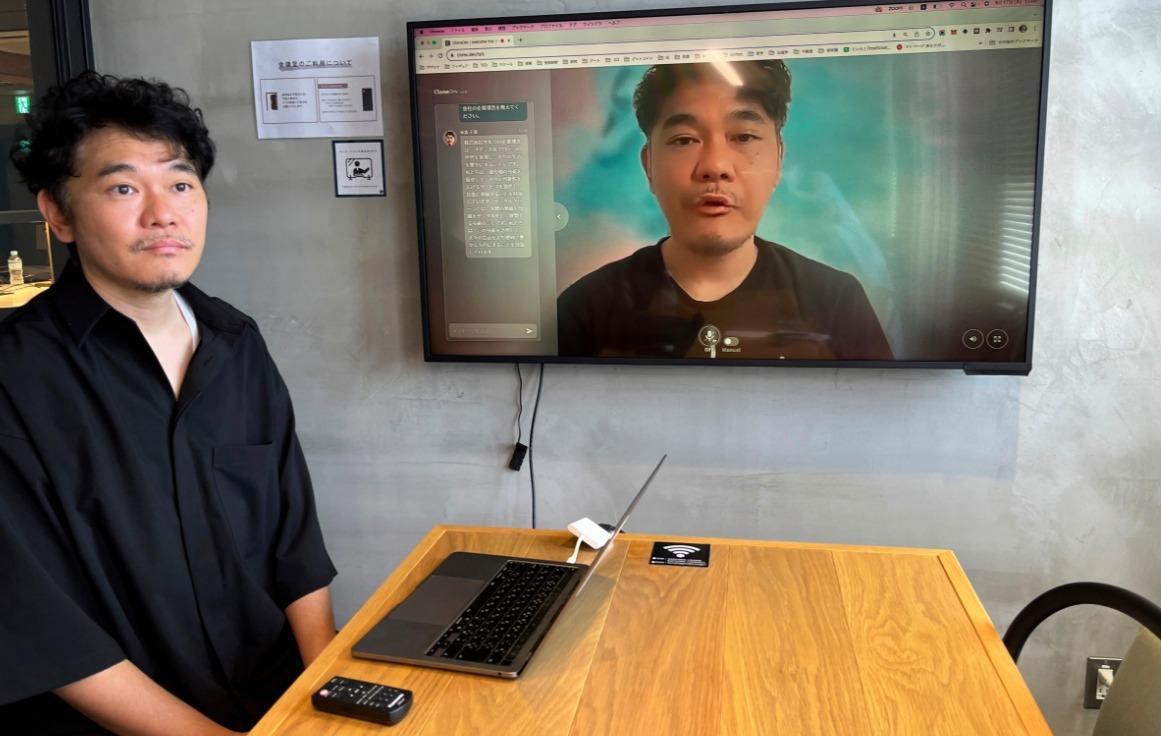
Kazutaka Yonekura dreams of a world where everyone will have their very own digital “clone” — an online avatar that could take on some of our work and daily tasks, such as appearing in Zoom meetings in our place.
Yonekura, chief executive of Tokyo startup Alt Inc., believes it could make our lives easier and more efficient.
His company is developing a digital double, an animated image that looks and talks just like its owner. The digital clone can be used, for example, by a recruiter to carry out preliminary job interviews, or by a physician to screen patients ahead of checkups.
“This liberates you from all the routine [tasks] that you must do tomorrow, the day after tomorrow and the day after that,” he told The Associated Press as he showed off his double — a thumbnail video image of Yonekura on the computer screen, with a synthesized version of his voice.
When his digital clone is asked “What kind of music do you like,” it pauses for several seconds, then goes into a long-winded explanation about Yonekura's fondness for energetic rhythmical music such as hip-hop or rock 'n' roll.
A bit mechanical perhaps — but any social gaffes have been programmed out.
Yonekura, 46, argues that the technology is more personal than Siri, ChatGPT or Google AI. Most importantly, it belongs to you and not the technology company that created it, he said.
For now, having a digital double is expensive. Each Alt clone costs about 20 million yen ($140,000), so it will likely take some time before there's a clone for everyone.
In creating a digital double, information about a person is skimmed off social media sites and publicly available records in a massive data collection effort, and stored in the software. The data is constantly updated, keeping in synch with the owner's changing habits and tastes.
Yonekura believes a digital clone could pave the way for a society where people can focus on being creative and waste less time on tedious interactions.
For many Japanese — the nation that gave the world Pokemon, karaoke, Hello Kitty and emojis — the digital clone is as friendly as an animation character.
But Yonekura acknowledges cultures are different and that Westerners may not like the idea of a digital clone as much.
Yonekura’s company has drawn mostly domestic investments of more than 6 billion yen ($40 million).
But large-scale production of digital doubles is a long way off — for now, the company offers more affordable voice recognition software and virtual assistant technology